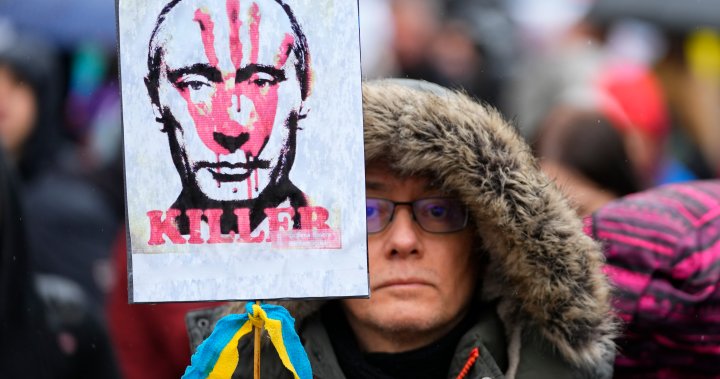
U.N. meeting set to talk nuclear weapons as Russia-Ukraine war heightens concerns
Global News
When launching the Ukraine war in February, Russian President Vladimir Putin warned that any attempt to interfere would lead to "consequences you have never seen."
There was already plenty of trouble to talk about when a major U.N. meeting on the landmark Nuclear Nonproliferation Treaty was originally supposed to happen in 2020.
Now the pandemic-postponed conference finally starts Monday as Russia’s war in Ukraine has reanimated fears of nuclear confrontation and cranked up the urgency of trying to reinforce the 50-year-old treaty.
“It is a very, very difficult moment,” said Beatrice Fihn, the executive director of the Nobel Peace Prize-winning International Campaign to Abolish Nuclear Weapons.
Russia’s invasion, accompanied by ominous references to its nuclear arsenal, “is so significant for the treaty and really going to put a lot of pressure on this,” she said. “How governments react to the situation is going to shape future nuclear policy.”
The four-week meeting aims to generate a consensus on next steps, but expectations are low for a substantial — if any — agreement.
Still, Swiss President Ignazio Cassis, prime ministers Fumio Kishida of Japan and Frank Bainimarama of Fiji, and more than a dozen nations’ foreign ministers are among attendees expected from at least 116 countries, according to a U.N. official who spoke on condition of anonymity because he wasn’t authorized to speak publicly before the conference.
In force since 1970, the Nonproliferation Treaty has the widest adherence of any arms control agreement. Some 191 countries have joined.
Nations without nuclear weapons promised not to acquire them, while nuclear-armed Britain, China, France, Russia (then the Soviet Union) and the United States agreed to negotiate toward eliminating their arsenals someday. All endorsed everyone’s right to develop peaceful nuclear energy.
